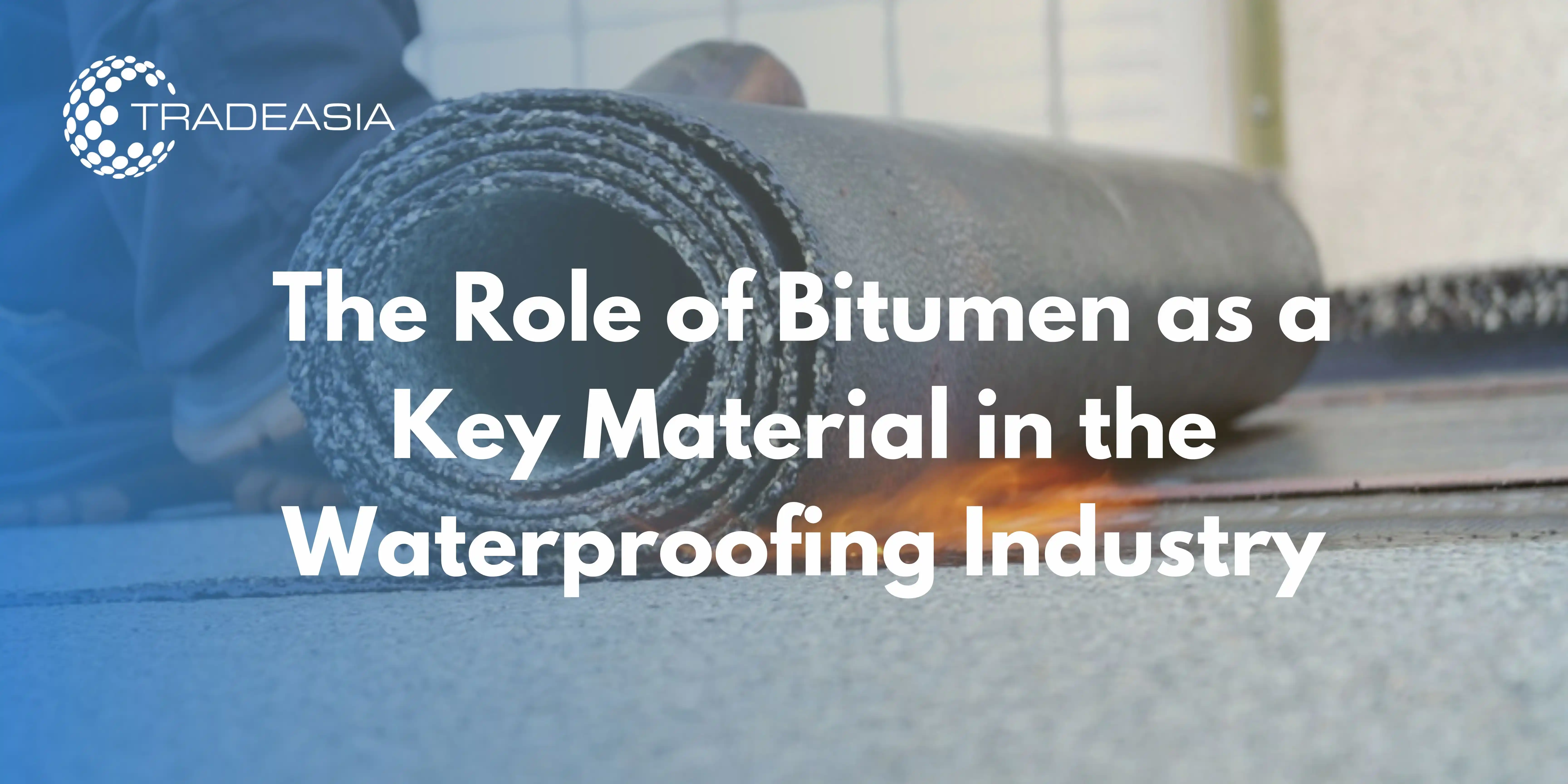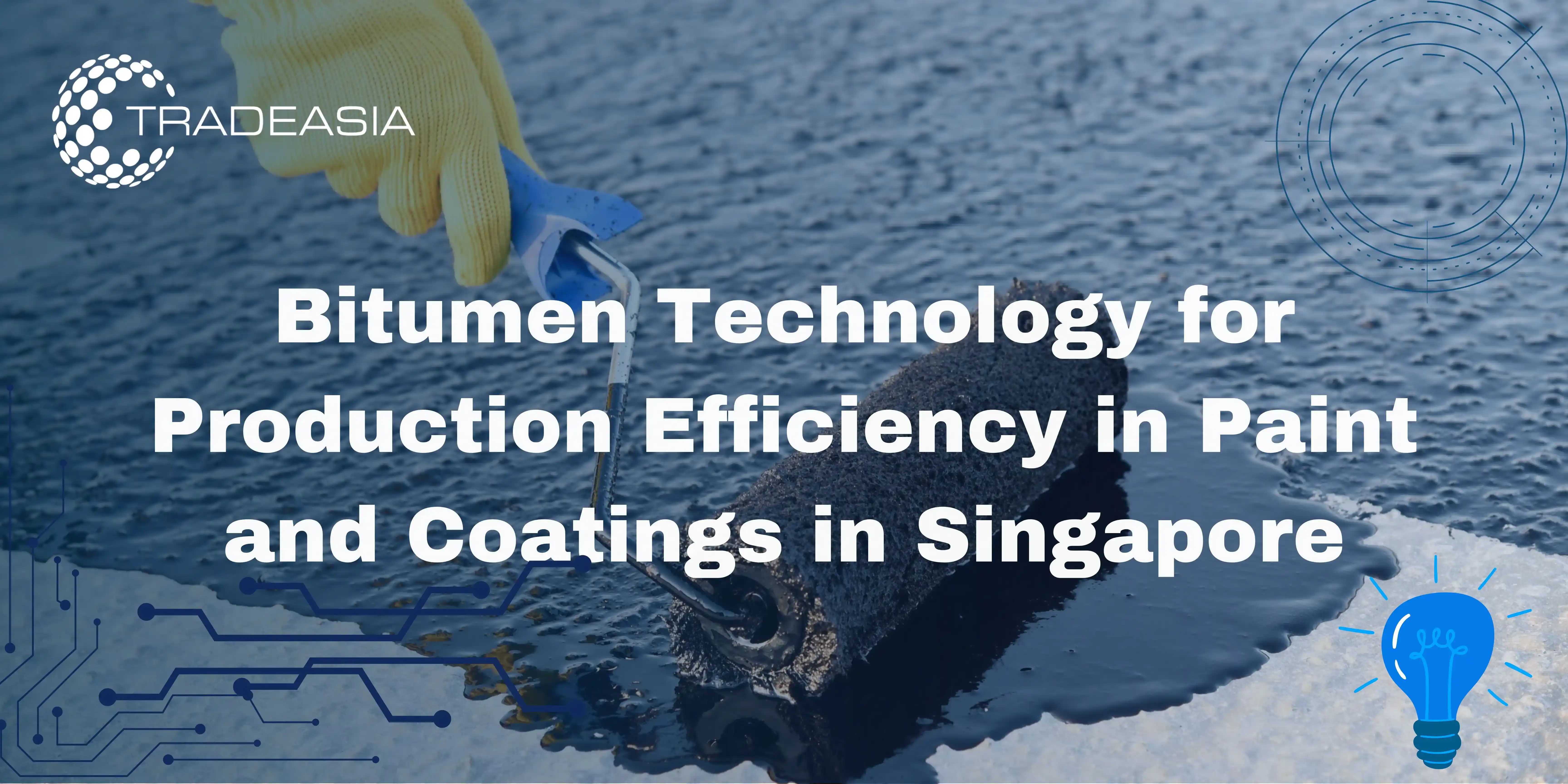Bitumen as a Dual-Function Coating Agent
Bitumen, a viscous black binder derived from petroleum, is widely known for its adhesive strength, elastomeric traits, and resilience against environmental stressors. This amorphous hydrocarbon acts both as a waterproof barrier and a rust inhibitor when transformed into specialized coatings. In Southeast Asia, including Singapore, its versatility makes it integral for infrastructure protection ranging from concrete foundations to metal roofing.
Coatings leveraging elastomeric bitumen, combined with fillers like aluminum pigments and flexible binders, form a tough waterproof layer suitable for damp-prone structures, basements, and submerged environments. Unlike traditional membranes, they are often stress-tolerant and easy to recoat. Bituminous paint also offers excellent adhesion across diverse substrates from ferrous and non-ferrous metals to wood, masonry, and concrete with formulations tailored for both internal and external use.
Waterproofing Performance: Applications & Durability
Bituminous coatings are widely used on low-slope roofs, terraces, retaining walls, and basements. Their ability to self-level and bond strongly to surfaces makes them ideal for renovating or reinforcing existing waterproofing systems without full removal.
These coatings maintain long-term water resistance under harsh conditions, with liquid-applied variants offering up to 20 years of protection. Self-curing properties mean minimal curing time and faster on-site deployment.
In Singapore, reliable waterproofing especially in tropical climates with heavy rainfall is essential. Bitumen coatings provide seamless waterproofing with strong adhesion, reducing maintenance costs while preventing moisture-related damage over time.
Anti-Corrosion Capabilities: Protecting Metal Structures
Bitumen’s hydrophobic nature makes it a formidable shield against corrosion for metallic parts like fire escapes, storage tanks, gates, and drains. Applied as a thick, protective film, it resists both oxidation and acid or alkali exposure. WRAS-approved bitumen coatings available in Singapore deliver both waterproofing and corrosion resistance, suitable even in potable water or transport-grade applications.
These coatings are especially advantageous for marine and industrial environments where metal surfaces face aggressive weather and salt exposure. Their tough, crack-resistant films minimize repair cycles and protect asset integrity.
Technical Specifications & Application Guidelines
Ready-mix bitumen paints typically combine bitumen, extenders, and solvents to balance viscosity, curing behavior, and flexibility in one-component coatings High-build anti-corrosive variants like Bitucoat H.B. offer enhanced film thickness and durability for demanding industrial surfaces like rail tracks and infrastructure.
Self-curing formulations simplify application, often requiring just two coats by brush or spray with the flexibility to accommodate thermal expansion or substrate movement. For optimal performance, surfaces must be clean, dry, and properly prepared: rust removal, sound priming, and debris clearing significantly enhance adhesion and coating longevity.
Benefits Summary for Singapore Applications
-
Rapid Deployment: Room-temperature application with self-curing formulations allows quick project turnaround in busy urban construction.
-
Dual Protection: Offers simultaneous waterproofing and rust protection, reducing the need for separate treatments.
-
Wide Substrate Compatibility: Effective across metals, masonry, and concrete common in Singapore’s diverse infrastructure landscape.
-
Long-Term Durability: Resistance to humidity and UV with minimal maintenance demands key for tropical climates
Environmental Adaptability and Compliance in Singapore
Bituminous coatings used in Singapore must comply with the country's stringent environmental and building codes. These coatings are typically formulated with low-VOC (Volatile Organic Compounds) content to ensure they meet the regulatory expectations set by Singapore’s National Environment Agency (NEA). Their composition avoids substances harmful to aquatic life and minimizes air pollution during application, an important factor for projects located near reservoirs or marine ecosystems.
Singapore’s tropical climate with high humidity, salt-laden air, and frequent rains requires coatings with superior resistance to moisture ingress and fungal growth. Bituminous products with built-in fungicides or UV stabilizers are now preferred in residential, commercial, and industrial developments. Compliance with Green Mark standards from the Building and Construction Authority (BCA) further boosts the material’s attractiveness among eco-conscious developers.
These trends reflect the growing demand for eco-friendly infrastructure protection in Southeast Asia. As Singapore advances toward carbon-conscious construction practices, bitumen suppliers who can demonstrate product sustainability such as through ISO 14001-certified production or recyclable packaging gain competitive advantages.
Cost-Efficiency and Supply Chain Considerations
One of the main reasons bitumen remains a preferred choice in Singapore’s building industry is its cost-effectiveness. Compared to high-tech waterproofing systems like polyurethane or acrylic elastomers, bituminous coatings deliver robust protection at a lower price point especially important for budget-constrained projects like public housing and small commercial facilities.
In addition, Singapore’s access to international shipping lanes allows easy import of high-grade oxidized or blown bitumen, typically sourced from refineries in the Middle East or Asia-Pacific. Local distribution networks ensure steady stock and timely delivery for high-volume orders, minimizing project delays.
Contractors in Singapore also favor bitumen’s low maintenance requirements, which reduce long-term operational costs. Once applied, many coatings can last over a decade with little more than periodic visual inspection making them ideal for BTO flats, MRT tunnels, and waterfront facilities.
Innovations in Bitumen Technology
Recent innovations in the bituminous coating sector have improved product performance and application versatility. Manufacturers now offer polymer-modified bitumen coatings—blends that include styrene-butadiene-styrene (SBS) or ethylene-propylene-diene monomer (EPDM) polymers to improve flexibility, adhesion, and weather resistance.
These enhanced coatings exhibit superior crack bridging ability, even when applied in thin layers. They are especially useful in protecting substrates subject to vibration or temperature variation, such as high-rise rooftops and mechanical platforms.
Furthermore, nano-bituminous emulsions coatings enhanced with nanoclays or carbon nanotubes are being explored to create smart coatings with self-healing and self-cleaning properties. Although still in early adoption stages in Singapore, these formulations may soon play a key role in next-gen waterproofing technologies that combine durability with functional aesthetics.
Conclusion
Bitumen coatings remain one of the most effective and economical solutions for waterproofing and corrosion prevention, particularly in Singapore’s humid and urbanized environment. From basic residential use to sophisticated industrial and infrastructure projects, bitumen provides long-lasting protection with minimal maintenance.
As the construction sector evolves, innovations such as polymer modification, low-VOC formulas, and nanotechnology will continue to extend bitumen’s role in sustainable infrastructure. With its proven performance and adaptability, bitumen is more than just a traditional solution, it's a strategic material in the future of green, efficient, and resilient construction. To explore tailored bituminous solutions for your next waterproofing or corrosion protection project in Singapore, connect with our specialists here.
References


Leave a Comment